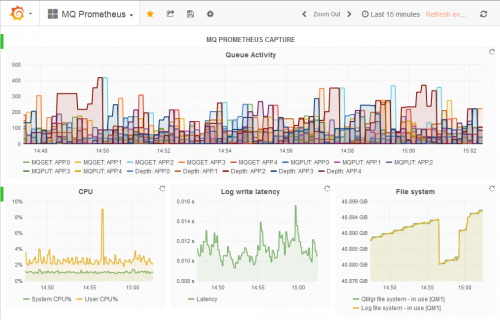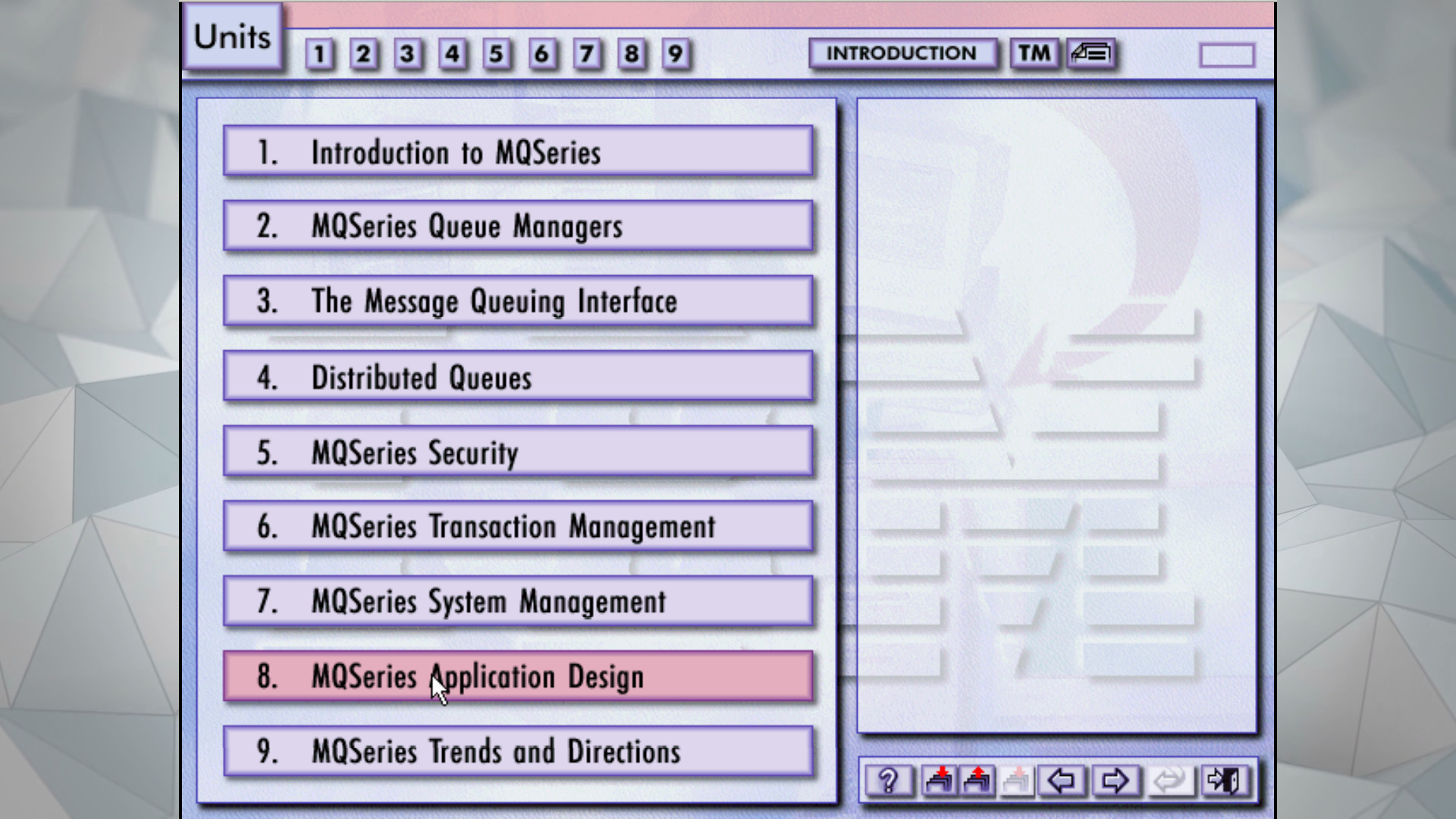One tool I created a few years ago deals with formatting SMF records from z/OS. I designed it to take MQ’s 115 and 116 records and generate output that users could import to spreadsheets and SQL databases. I made a video about the original version of the tool here, and I wrote about more enhancements to that tool in this post.
If you want to know more about how to use the data after formatting, then Lyn has a lot of posts at her blog site talking about analyses she has run and lessons she has learned.
Most recently I’ve added (with help) some formatting options to deal with a couple of additional record types. That work showed how non-standardised SMF records are, and how much manual work is needed to create formatters. This post will talk about how something that supposedly has a common format does not really.
Continue reading “Formatting SMF records”This post was last updated on October 29th, 2020 at 10:19 am


